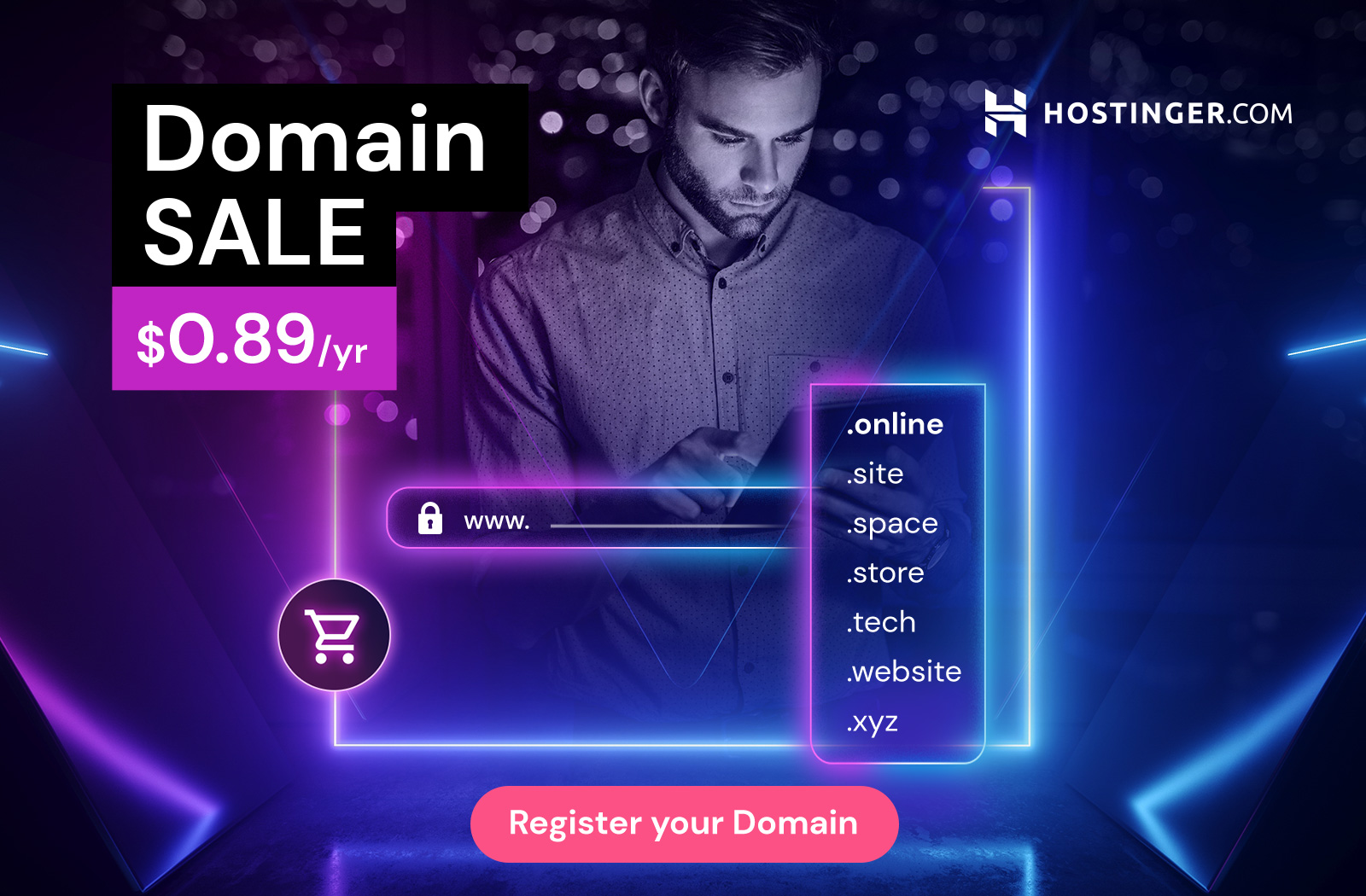In the realm of business technology solutions, Salesforce stands as a stalwart, offering a comprehensive suite of tools designed to streamline and optimize various aspects of customer relationship management (CRM). However, when navigating the realm of Salesforce, one might encounter the terms “Salesforce Platform” and “Salesforce License” interchangeably, often leading to confusion regarding their precise functionalities and implications. In this detailed exploration, we dissect the nuances between the Salesforce Platform and Salesforce License, shedding light on their respective features, benefits, and suitability for different business needs.
Table of Contents
Salesforce Platform vs. Salesforce License: Unveiling the Key Differences
Salesforce platform and Salesforce license are two key components of the Salesforce ecosystem, each serving a different purpose. The Salesforce platform refers to the entire suite of tools and services that enable users to build and customize applications on top of Salesforce’s infrastructure. This includes features like custom objects, workflows, reports, and dashboards that can be tailored to specific business needs.
On the other hand, a Salesforce license grants users access to the platform and its functionalities. Licenses are typically purchased on a per-user basis and determine the level of access and permissions each user has within the system. Different types of licenses exist, such as Sales Cloud, Service Cloud, or Marketing Cloud licenses, each tailored to specific roles or functions within an organization.
In summary, while the Salesforce platform provides the foundation for building customized solutions, a Salesforce license is necessary for individuals to access and use those solutions within their organization. Both components work together to empower businesses with powerful tools for managing customer relationships and driving growth.
Understanding Salesforce Platform
At its core, the Salesforce Platform serves as a robust ecosystem that empowers organizations to build and customize applications tailored to their unique requirements. It provides a versatile framework equipped with tools for app development, integration, and deployment, enabling businesses to create tailored solutions that align seamlessly with their workflows and objectives.
Key Features of Salesforce Platform:
- App Development: The Salesforce Platform offers a suite of tools, including App Builder and Lightning Components, facilitating the rapid development of custom applications without the need for extensive coding expertise. This empowers businesses to innovate and iterate efficiently, fostering agility in addressing evolving market demands.
- Integration Capabilities: Seamlessly integrating with existing systems and third-party applications is paramount for ensuring operational efficiency and data coherence. The Salesforce Platform offers robust APIs and integration tools, such as MuleSoft Anypoint Platform, enabling smooth data exchange and interoperability across diverse systems.
- Scalability and Customization: One of the hallmark features of the Salesforce Platform is its scalability and flexibility. Organizations can tailor the platform to suit their evolving needs, whether it involves scaling operations to accommodate growth or customizing workflows to enhance productivity and user experience.
Demystifying Salesforce License
Contrary to the Salesforce Platform, which serves as a foundation for application development and customization, a Salesforce License refers to the access rights granted to users for utilizing Salesforce’s suite of products and services. Essentially, it governs the level of access and functionality available to users within the Salesforce ecosystem.
Types of Salesforce Licenses:
- Salesforce User Licenses: These licenses grant users access to the core features of Salesforce, such as Sales Cloud or Service Cloud, enabling them to perform essential tasks related to sales, marketing, customer service, and more.
- Platform Licenses: Platform licenses, on the other hand, provide more limited access compared to full Salesforce user licenses. They are typically used for users who require access to custom applications built on the Salesforce Platform but do not need the full suite of Salesforce functionalities.
- Feature Licenses: Feature licenses offer additional functionalities beyond the core Salesforce offerings, such as Einstein Analytics or Pardot Marketing Automation, allowing organizations to leverage advanced capabilities tailored to their specific needs.
Choosing the Right Solution for Your Business
When contemplating whether to opt for the Salesforce Platform or Salesforce License, it’s essential to assess your organization’s unique requirements, objectives, and budgetary considerations. Here are some factors to consider:
Considerations for Salesforce Platform:
- Customization Needs: If your business demands tailored solutions or complex application development, investing in the Salesforce Platform can provide the flexibility and scalability required to meet evolving demands effectively.
- Integration Requirements: Organizations with a diverse ecosystem of applications and systems may benefit from the Salesforce Platform’s robust integration capabilities, enabling seamless data exchange and interoperability.
Considerations for Salesforce License:
- User Access and Functionality: Assess the specific needs of your users and the level of access and functionality required to perform their roles efficiently. Opting for the appropriate Salesforce licenses ensures that users have access to the tools and features essential for their tasks.
- Cost Considerations: Evaluate the cost implications associated with different Salesforce licenses, considering factors such as the number of users, required functionalities, and potential future scalability needs.
Conclusion
In conclusion, while both the Salesforce Platform and Salesforce License are integral components of the Salesforce ecosystem, they serve distinct purposes and cater to different business requirements. The Salesforce Platform empowers organizations with the tools and flexibility needed for application development and customization, whereas Salesforce Licenses govern user access and functionality within the Salesforce environment. By understanding the nuances between these two components, businesses can make informed decisions that align with their objectives and pave the way for enhanced productivity and innovation.
